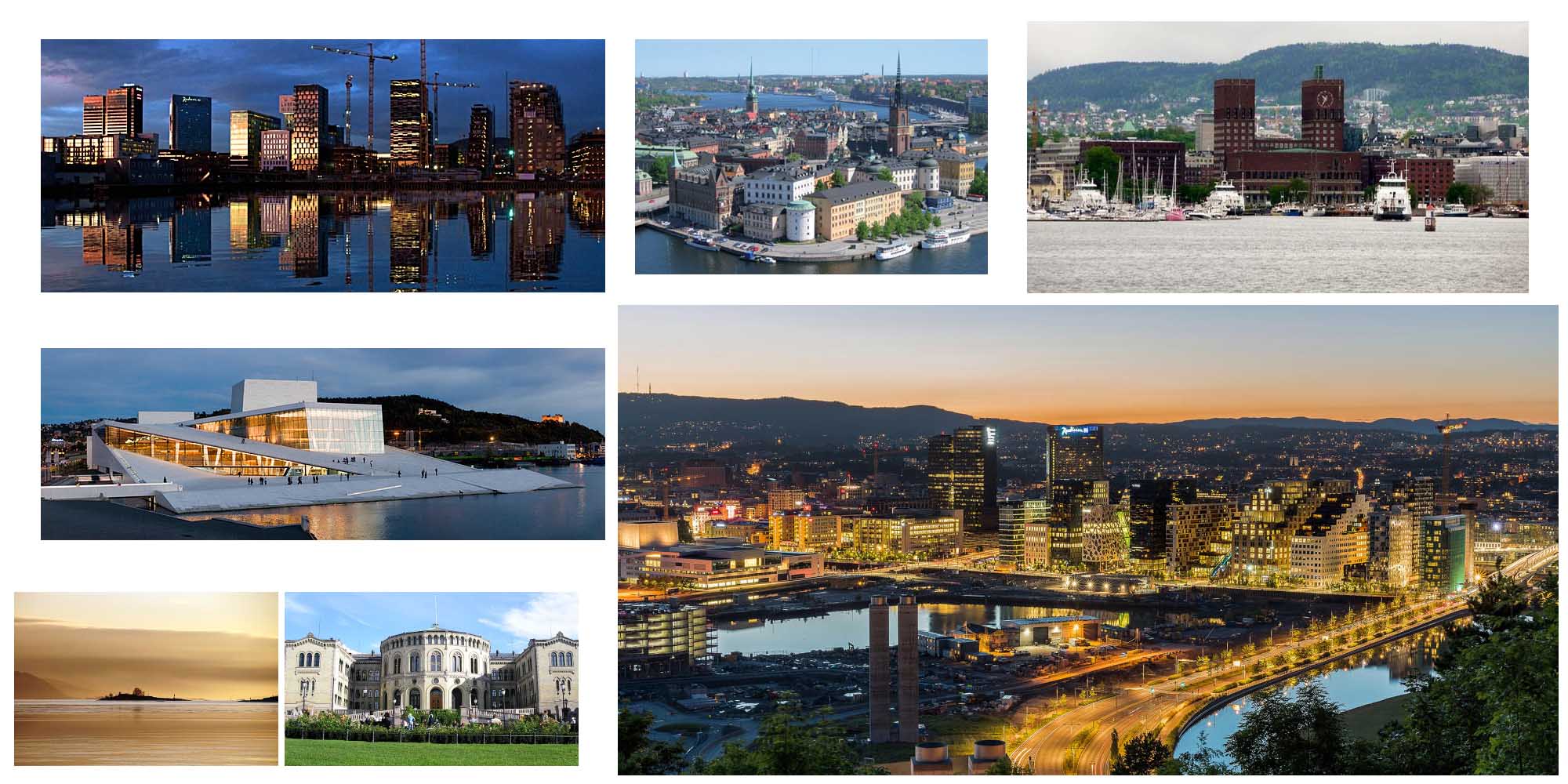Ten, who has fallen, he was becoming the chosen one of god. At the same time, he avoided the horror of the land of the dead and had direct contact with the sacred. Thus, he acquired superhuman qualities, as well as immortality through fame - a value extremely valued in the Norman society. However, it should be emphasized, although the fragments of the songs presented here might suggest it, that the life of the Scandinavians in the early Middle Ages was not so determined by the idea of ragnarok, like living Christian societies with the vision of the Last Judgment. For on a par with battle glory at that time, as evidenced by some known inscriptions, sagas or other fragments of Eddaic songs, resourcefulness on the farm, or the ability to accumulate wealth, and not necessarily with the risk of life. However, participation in ragnarok (through death in battle) it was for man the only active role available in the mythical world. Of course, there were other forms of contact with the deity, not necessarily in the final dimension. First of all, they were sacrifices and all kinds of rites, usually expressed in the maxim "do ut des” (I give you to give). In other words, they were a form of coercion against the deity in order to achieve the desired action. However, they could not influence the fate of the world. The mythological role of people ended with participation in the last battle - a cosmic catastrophe, in which the world will die, to be reborn cleansed of all evil.
“I can see it reappear
Land from the sea, greening,
Waterfalls are flying, and the eagle above them
The one who catches fish in the mountainous land”.
(Voluspa 59)
“The role that is not sown will give birth
Evil will be transformed into good; Baldr will be back
Hropta will be home to Hod and Baldr
In the temple of the gods: you know now, or not”.
(Voluspa 62)
“There, Honir will choose a divination wand,
Tweggy's brothers will build
Broad heavens - know now, or not".
(Voluspa 63)
“I see a room that is more beautiful than the sun
The roof is covered with gold, and Gimlej:
The righteous will live there
They will experience eternal happiness”.
(Voluspa 64)
As you can see, there is no place for man in the vision of the reborn world. It has already fulfilled its task. The world was saved and cleansed, and the gods can enjoy it as in the days of creation.
